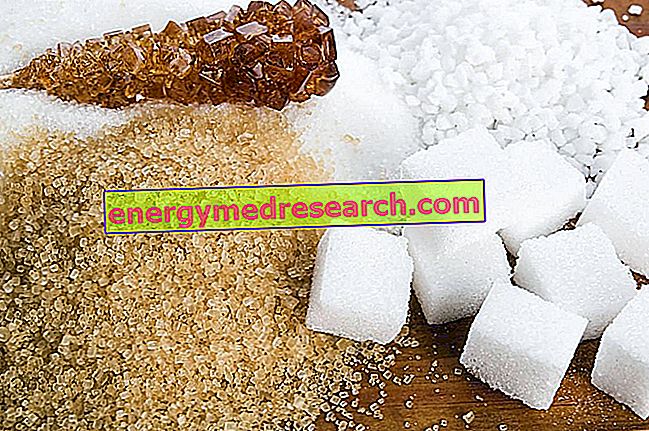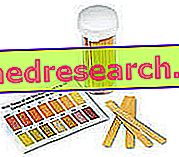
The correct use of mouthwashes can be a useful support to the normal methods of oral hygiene (toothbrush, toothpaste and dental floss), although it is still an auxiliary tool . In other words, if used individually, the mouthwash can NOT be considered sufficient to achieve adequate oral hygiene.
This premise conceals the first potential danger linked to the use of the mouthwash: the user - dazzled by the advertising messages that insistently emphasize its usefulness in preventing plaque - could neglect the correct use of wire and brush, in the mistaken belief that a good oral hygiene is guaranteed by the simple use of mouthwash.
Therefore, it is worth repeating that the mouthwash should be used only and exclusively after brushing the teeth. Furthermore, mouthwashes cannot be considered as a substitute for proper oral hygiene at home with a toothbrush and floss, whose combined use must however be accompanied by professional cleaning every 6-8 months.
The belief that mouthwash can cure bad breath and whiten teeth is also quite widespread. In the first case, we remember how many commercial products (the so-called cosmetic mouthwashes sold at the supermarket) have an effect especially masking halitosis rather than curative; this because they contain substances (mostly essential oils) that exert a masking effect on bad smells; in fact, the antibacterial activity of xylitol and essential oils contained in mouthwashes is low, both due to the low concentrations and above all due to the low contact time with oral teeth and mucous membranes. In the presence of bad breath, therefore, the mouthwash does not cure the cause of the problem, but simply cancels its effects. The real results in the fight against halitosis are obtained by eliminating the bacteria that produce these odors, and to do so nothing is more effective than the mechanical action of the toothbrush, the dental floss and the scrapers for cleaning the tongue. The chemical killing of these bacteria can be obtained with medicated mouthwashes (sold in pharmacies), based on antiseptic substances. However, these products have important side effects; the best known is related to chlorhexidine, the antibacterial active ingredient found in medicated mouthwashes recommended in the presence of chronic gingivitis, very aggressive carious diseases and important problems of the periodontium; Chlorhexidine, in fact, tends to soil teeth and tongue of yellow-brown spots that require ambulatory hygiene to be removed. Furthermore, inappropriate use of chlorhexidine creates bacterial resistance and inflammation of the mucous membranes. Other antiseptic agents, such as triclosan have even been banned for use in mouthwashes in some countries, due to the potential side effects.
Returning to cosmetic mouthwashes, one of the greatest risks associated with their use derives from the presence of ethyl alcohol among the ingredients. Ethanol is added above all to enhance the flavor of the product rather than the actual antibacterial properties. However, the presence of alcohol can induce side effects, given that ethanol tends to dry out and irritate the oral mucosa, causing irritation and hypersensitivity stomatitis. Furthermore, according to some studies, the alcohol contained in mouthwashes would increase the risk of cancer of the mouth and oral cavity.
All these warnings should suggest the importance of subjecting a dentist to possible oral cavity disorders to identify the causes and possibly choose the mouthwash that best suits your needs.



